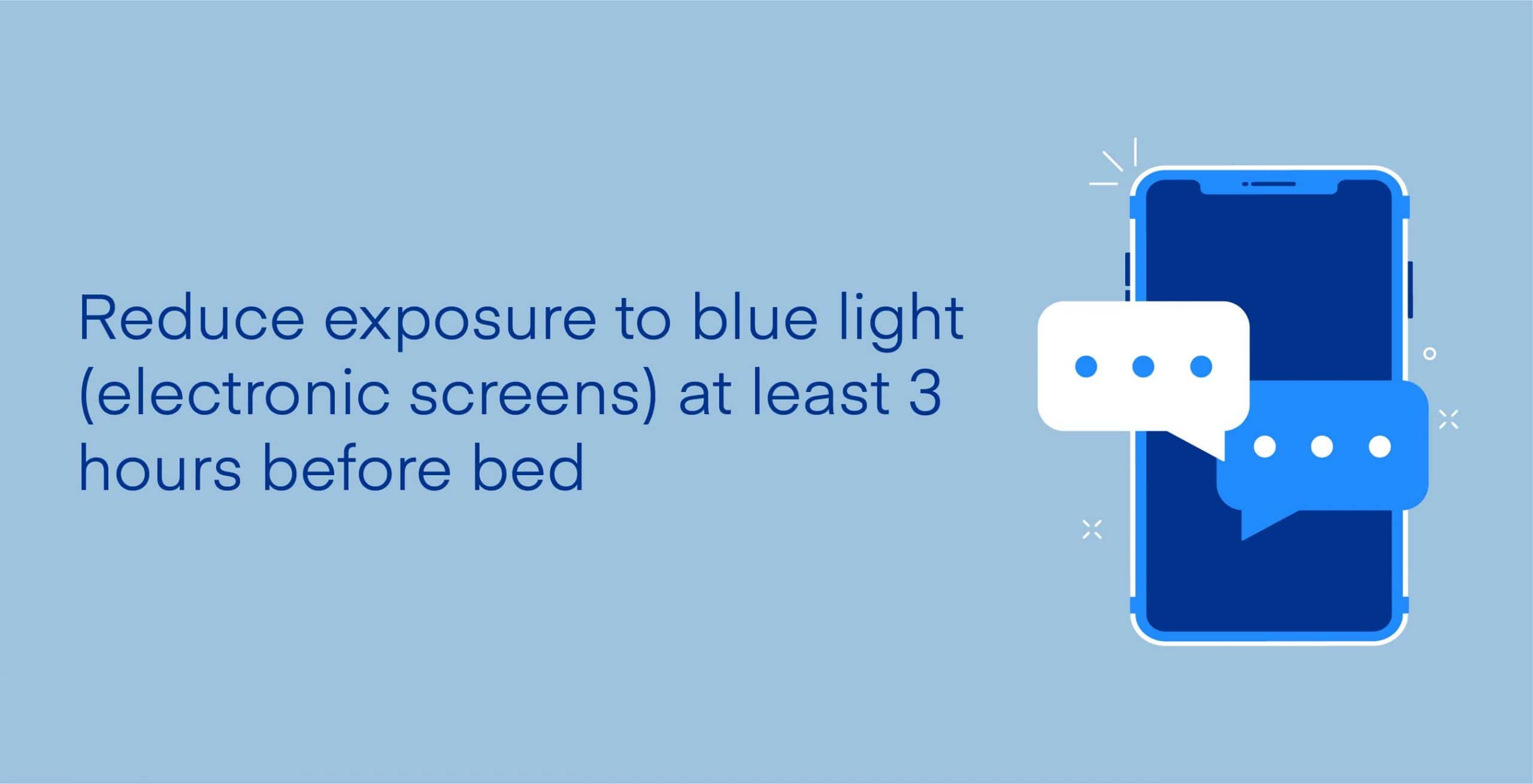Our Sleep Calculator is here to help you better understand how each stage of the sleep cycle affects your mental and physical health. Keep reading to learn how to reap the benefits of a good night’s sleep.
Table of contents
What is a sleep cycle?

There are four stages of sleep–Stage 1, 2, 3, & REM sleep. One sleep cycle is made up of all four sleep stages and will run from stage 1 through REM sleep. Typically, we go through 5 full sleep cycles a night. Each stage is responsible for specific functions that are necessary for proper health.
How long is a sleep cycle?
One full sleep cycle, from stage 1 to REM, will last around 90 to 110 minutes.
How many sleep cycles should you get each night?
The CDC recommends that adults get between 7 to 9 hours of sleep each night for optimal health. With one sleep cycle lasting 90 to 110 minutes, this equates to about 5 full sleep cycles a night.
What are the stages of sleep?
There are 4 sleep stages–Stage 1, 2, 3, and REM Sleep. Each stage triggers specific brain and muscle functions.
During stage 1, (also known as “light sleep”) the body is transitioning from a wakeful state to light sleep. Sleepers can wake easily during this stage and may twitch or jerk as they fall asleep. Slow brain waves, called theta waves, occur during stage 1, as well as slow eye movements.
During stage 2, the body has transitioned to full sleep. Breathing begins to slow down and body temperature drops. K complex structures and sleep spindles make it difficult to wake someone during stage 2. These structures help you disconnect from the environment. Most adults typically spend at least 50 percent of the night in stage 2.
During stage 3, (also known as “deep sleep”) the body has transitioned to deep, restorative sleep. Slow delta brain waves begin to clean the brain. Blood pressure and respiratory rates drop during stage 3, and Human Growth Hormone (HGH) works to rebuild muscle tissue. Most sleep talking and sleepwalking takes place during this stage, and it can be difficult to wake up.
During REM (Rapid Eye Movement) Sleep, (also known as “Paradoxical Sleep), the eyes begin to move quickly from side to side and brain activity increases. Breathing becomes quick and shallow and dreaming begins. This stage is called Paradoxical sleep because your brain is active but your body is paralyzed. Night terrors are also common during REM.
Why is sleep important?
Sleep is vital for proper brain function and muscle recovery. If you don’t get enough sleep, your body will not have the time it needs to repair itself. Sleep deprivation can make everyday tasks difficult. It can impact cognitive abilities, hand-eye coordination, attention span, and the ability to focus. Over time, a lack of sleep can also lead to more serious health complications such as type 2 diabetes and heart disease. With proper sleep, you will be more alert, your muscles will recover faster, and you will be able to handle stress more effectively.
How much sleep is recommended per age?
- Newborns (0-3 months): 14-17 hours each day
- Infants (4-11 months): 12-15 hours
- Toddlers (1-2 years): 11-14 hours
- Preschoolers (3-5): 10-13 hours
- School age children (6-13): 9-11 hours
- Teenagers (14-17): 8-10 hours
- Adults (18-64): 7-9 hours
- Older adults (65+): 7-8 hours
Tips for Better Sleep

Aside from a healthy diet and exercise, you can improve your sleep by establishing healthy sleep habits. Below, we include some simple things you can include in your nighttime routine to find adequate rest.
- Establish a set bedtime and wake up time you can stick to
- Avoid caffeine at least 6 hours before bed
- Avoid large meals at least 2 hours before bed
- Reduce exposure to blue light (electronic screens) at least 3 hours before bed
- Destress before bed with a relaxing bath or shower, breathing exercises, or journaling
- Remove stress triggers from your bedroom and keep your sleep space clean
- Keep your bedroom cool, between 60 and 67 degrees
- Reduce light in your bedroom by using blackout curtains, blinds, or eye masks